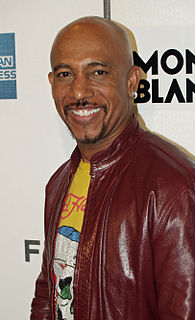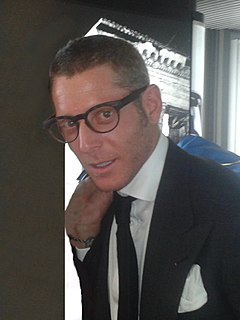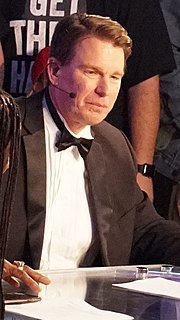A Quote by Julia Hartz
For a global company, it is imperative to respect and honor local culture and weave that into the core company values rather than the other way around.
Related Quotes
The best CEOs in our research display tremendous ambition for their company combined with the stoic will to do whatever it takes, no matter how brutal (within the bounds of the company's core values), to make the company great. Yet at the same time they display a remarkable humility about themselves, ascribing much of their own success to luck, discipline and preparation rather than personal genius.
I don't think you can create culture and develop core values during great times. I think it's when the company faces adversity of extraordinary proportions, when there's no reason for the company to survive, when you're looking at incredible odds - that's when culture is developed, character is developed.
Since your company is the product that makes all of your other products, it should be the best product of all. When you begin to think of your company this way, you evaluate it differently. You ask different questions about it. You look at improving it constantly, rather than just accepting what it's become.
I took a dozen of our top managers to Argentina, to the windswept mountains of the real Patagonia, for a walkabout. In the course of roaming around those wild lands, we asked ourselves why we were in business and what kind of business we wanted Patagonia to be. A billion-dollar company? Okay, but not if it meant we had to make products we couldn't be proud of. And we discussed what we could do to help stem the environmental harm we caused as a company. We talked about the values we had in common, and the shared culture that had brought everyone to Patagonia, Inc., and not another company.
I used to believe that you could change the culture or behavior of a company. I still believe it's possible, but it is at least a five to ten year process, if you are successful at all. More recently, I have been attracted to the ideas of the behavioralist, Edgar Schein. Schein has argued that you cannot change the culture of a company, but you can use the culture of a company to create change. It's an interesting approach to overcoming resistance. And if you can change how a company does its work, you might eventually be able to change how its people think.



































